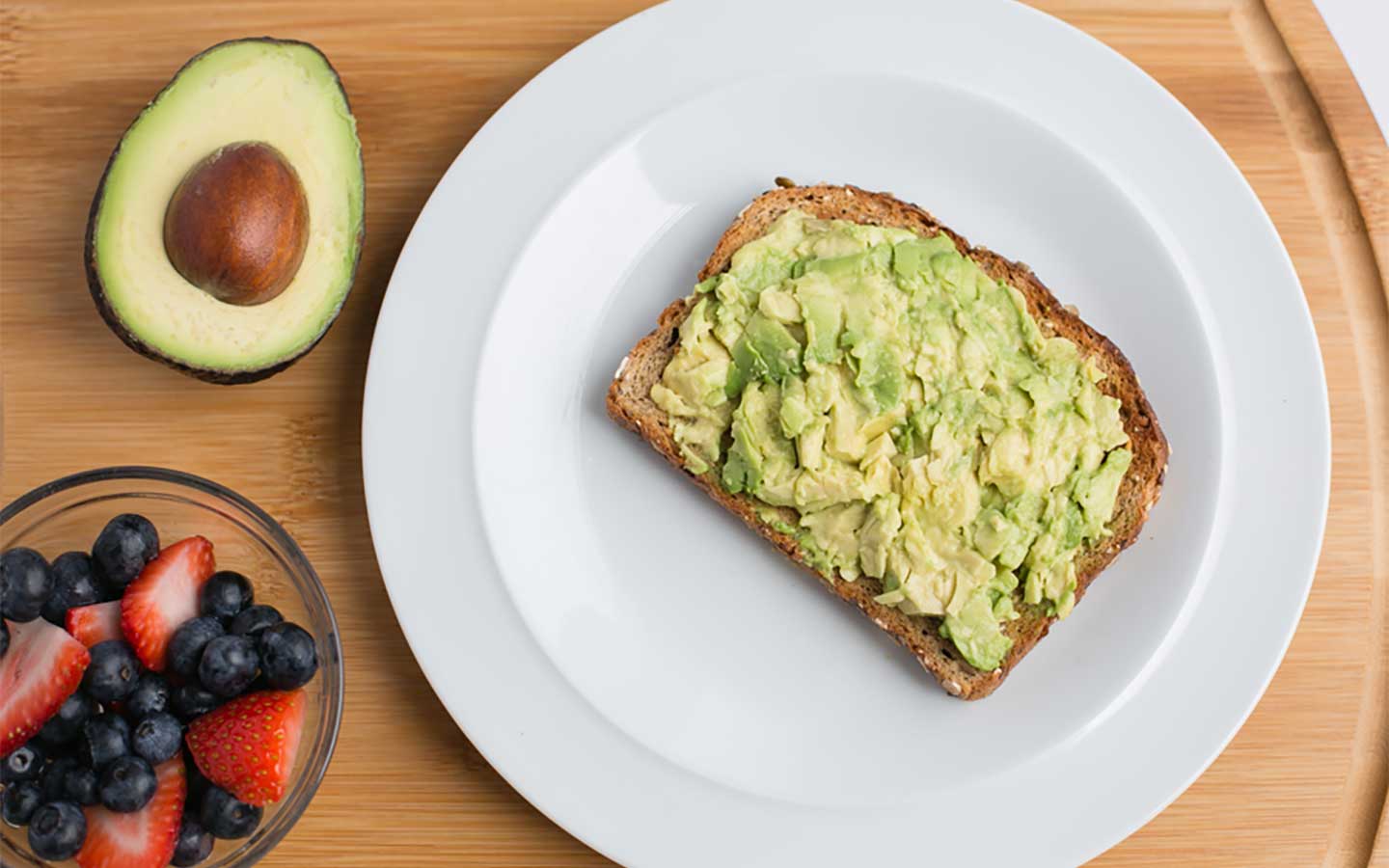
BY STEPHANIE MARGOLIS, R.D.
It is likely not going to shock you, but 1 in 8 women in the U.S. will develop breast cancer in her lifetime, making it the most common cancer in American women. Luckily, our screening and awareness has improved to the point that 65% of breast cancer diagnoses are found at a localized stage, meaning the cancer has not spread beyond the breast tissue.
I personally have had several friends undergo breast cancer treatment and have lost a very good friend to the disease. Additionally, I work in the cancer center at our local hospital, so I provide support to these patients on a regular basis. Every person’s treatment varies, and the effects of the treatment differ as well. However, one thing that stays the same is that nutrition counts during your treatment for breast cancer. You should discuss all dietetic changes with your doctor.
I have found that after any diagnosis many patients will try to eat “perfect,” but that’s a high bar and isn’t necessary. My patients tell me the most surprising thing is how much we encourage them to eat! The medications, surgeries, and side effects can zap the appetite, so the overall goal during treatment is to limit weight loss and manage your symptoms. If this means eating ice cream for breakfast because that’s all you can tolerate, then let’s add a little protein powder and make that a milkshake!
Beyond maintaining weight, managing nausea, and fighting fatigue, there are certain foods that are important during chemotherapy. This comes with a major IF… eat these foods IF you feel well enough. Do not stress about trying to eat perfect or restrict because something isn’t a healthy food. However, do take advantage of the times you do feel good and add these foods in your diet.
Eating a variety of whole foods during treatment is the best approach, but if you are looking for specific foods to add to your cart here are the top picks.
Antioxidants are found in olive oil, avocados, wheat germ, seeds, green tea, and all fruit and veggies. These foods help protect the body from free radicals, which cause damage to our immune systems and body as a whole. Free radicals are everywhere and are constantly being formed in your body, regardless of your health. They are increased when you are exposed to air pollution, cigarette smoke, alcohol, toxins, high intake of saturated fats, and antioxidant deficiency.
Your immune system does a pretty good job managing these pesky guys but it needs some help from the outside sometimes. This means reducing your exposure to the things I listed above while increasing your intake of foods with antioxidants. I listed a few sources above, but it is important to note that antioxidants are found in ALL whole foods of plant and animal origin. Bonus if you eat plant-based (or plant-forward), as those diets have been found to be extra high in antioxidants.
Protein is important during treatment to prevent muscle loss (patients are often less active and have unintentional weight loss leading to muscle wasting). Protein functions to build and repair tissue. It can be found in eggs, fish, lean meat, beans, peas, dairy products*, nuts, poultry, legumes, seeds, and soy products**.
*Dairy products: There is some research that shows patients with prostate and breast cancer may benefit from a milk or dairy-free diet. Alternative milks include coconut, oat, rice, and soy milk
**Soy products: You may have just thought “Wait, I thought women with breast cancer weren’t supposed to eat soy?” That is false. Many have thought that because soy contains phytoestrogens — the plant form of the hormone estrogen — and women receiving breast cancer treatment are put on estrogen blockers. However, just because they sound similar does not mean they are. These hormones are not the same and there is a large body of research showing that it is totally safe to eat soy products during treatment.
While not mentioned above, reducing the amount of sugar in your diet can help as long as you keep an open mind that limiting too many foods during treatment may lead to weight loss, leading to intolerance of treatment or feeling worse. When I talk to patients who are struggling to eat it really is anything you can tolerate as I mentioned above.
One of the most challenging things is managing weight changes during treatment. Above we discussed unintentional weight loss due to medication side effects. This happens mostly when a person just feels crummy and doesn’t want to eat. There is also the flip side of unintentional weight gain. Many cancer patients must take steroids before and after treatment. These steroids cause unintentional weight gain that make it extremely challenging to maintain a healthy weight. Steroids not only lead to increased appetite but also cause fluid retention. If this is the case for you, following a sodium-restricted diet (between 2,000-3,000mg each day) is going to be ideal. This means taking the salt shaker away from your table while also choosing low or no sodium food choices. Additionally, getting enough potassium will help with fluid retention. This means more bananas, oranges, kiwifruit, spinach, and tomatoes.
You may be reading this but not currently receiving breast cancer treatment. In that case, here are a few things you can still gain.
Food may not always be the best way to support a friend with a new diagnosis. I talk to so many patients that are overwhelmed by the amount of food they have received, particularly pastas. I have learned to provide support in other ways:
Eat well now. There’s no sure-fire way to prevent breast cancer, but there is evidence that women who eat a balanced, healthy diet high in antioxidants, plant-based meals, limited alcohol, and decreased intake of processed foods have a lower risk of developing breast cancer.